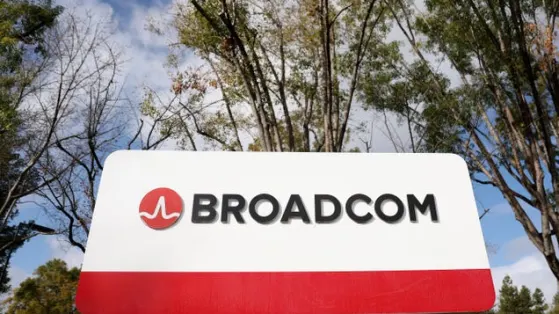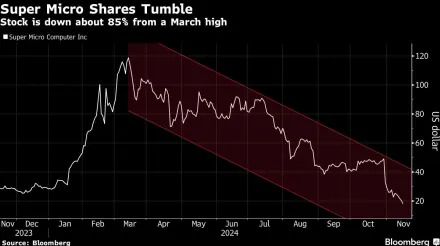By Yoruk Bahceli and Amanda Cooper
LONDON (Reuters) -The risk premium on French bonds dropped and bank stocks rallied on Thursday after a widely expected no-confidence vote toppled Prime Minister Michel Barnier's government, with focus turning to what a new government might look like. Barnier resigned and President Emmanuel Macron is hunting for a new prime minister, a day after opposition to Barnier's 60-billion euro ($63 billion) belt-tightening effort led far-right and leftist lawmakers to vote his government out.
That makes any meaningful progress towards closing France's budget deficit, which is set to top 6% of GDP this year, even harder. The closely watched risk premium - the spread France pays for 10-year government debt over Germany - dropped to the lowest in nearly two weeks at 77 bps. The spread had touched 90 bps last week, the highest since 2012's euro zone debt crisis.
French stocks earlier rose as much as 0.65% to their highest in over three weeks, but retreated to trade up 0.2% by 1515 GMT.
Shares in French lenders extended the day's rally. BNP Paribas, Credit Agricole and Societe Generale were up between 2-4%.
The euro was around 0.5% higher.
A number of these moves accelerated in late trading on Thursday. Analysts cited as a catalyst a Bloomberg report that quoted far-right leader Marine Le Pen, the driving force behind government collapse, as saying a budget could be delivered in weeks if the next prime minister is prepared to narrow the deficit more slowly.
"The interpretation could be that she wants to cooperate with a new government and with Macron's party and that's what is calming markets in France, namely that she doesn't want Macron to resign immediately," said Rune Thyge Johansen, analyst at Danske Bank.
Separately, a Financial Times report that European Union countries are discussing setting up a fund to tap bond markets for defence spending also pushed German bond yields higher, analysts said, narrowing the gap with France.
Earlier, in another sign of stability, France raised 4.6 billion euros ($4.84 billion) from a longer-dated bond sale on Thursday, with demand in line with recent auctions.
UNCERTAINTY AHEAD Thursday's relief rally doesn't reduce the uncertainty ahead for French markets. Macron is aiming to install a new prime minister swiftly, sources told Reuters, with one saying he wanted to name one as soon as Saturday. He will address the nation at 1900 GMT. "The market is reacting quite well to that," said Francois Savary, chief investment officer at Genvil Wealth Management.
French media reported that Francois Bayrou, a centrist Macron ally often cited as a possible successor to Barnier, had lunch with Macron. Le Pen said on Wednesday her camp would support an emergency law that rolls over the 2024 budget's tax-and-spend provisions into next year to ensure stopgap financing. But any new prime minister will face the same challenges as Barnier in getting a 2025 budget adopted. There can be no new parliamentary election before July. "The market is asking whether the new prime minister is going to be perceived as market friendly or not, and is capable of passing a budget in a fragmented parliament," said Amedeo Scippacercola, head of European government bond trading at Mizuho.
Ratings agency S&P, which left its French rating unchanged on Friday, said a rollover of this year's budget was now the most likely outcome, adding that the country is left without a clear path towards reducing its deficit. The political backdrop in France has been fraught since Macron called the snap elections on June 9 that brought Barnier's minority government to power.
France's bond spread remains around 30 bps higher since then, and French bank shares have racked up double-digit losses in that time.
"Depending on who will be heading this future government, markets may not see this eventually as a good thing,” said Kevin Thozet, investment committee member at French asset manager Carmignac, adding that he was staying away from French bonds and bank shares. ($1 = 0.9493 euros)






